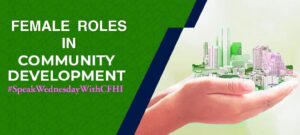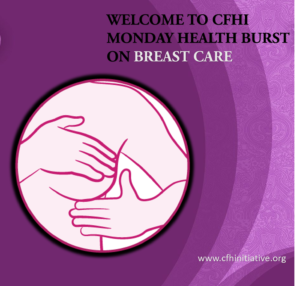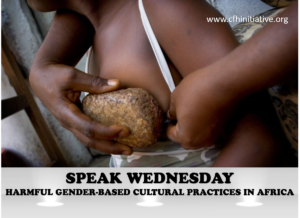MONDAY HEALTH BURST
SUICIDE PREVENTION
Suicide is the act of intentionally causing one’s own death. According to World Health Organization (WHO), close to 800,000 people die by suicide every year and for each suicide, there are more than 20 suicide attempts. The WHO report also states that suicide is the third leading cause of death between the age of 15-19 globally. However, about 79% of suicides occur in low- and middle-income countries.

Nigeria is ranked “15th in the world” and “top in Africa” for its suicide rate, according to Global Health Equity (GHE). Due to the stigma associated with suicide in Nigeria, most cases are not reported. However, some of the widely reported suicide cases include that of a 100-level student of Kogi State University, Ayingba, who ended her life because her boyfriend left her, a student of Chemical Engineering at the University of Port Harcourt, Rivers State, who committed suicide by drinking two bottles of the deadly pesticide, the University of Ibadan lecturer, who took his life on April 6, 2019, after an unfulfilled dream of completing his PhD programme, a worker in Kogi State over alleged nonpayment of salary, among others.
The link of suicide and mental disorder (depression and alcohol abuse) is well established especially in high income countries but many suicides happen impulsively in moments of crisis with a breakdown in the ability to deal with life stresses, such as financial problems, relationship break-up or chronic pain and illness. Experiencing conflict, disaster, violence, abuse, or loss and a sense of isolation are strongly associated with suicidal behaviour. Suicide rates are also high amongst vulnerable groups who experience discrimination, such as refugees and migrants, lesbians, gays, bisexuals, transgenders, intersex (LGBTI) persons, and prisoners. The strongest risk factor for suicide according to WHO report is a previous suicide attempt.
It is estimated by WHO that around 20% of global suicides are due to pesticide self-poisoning, most of which occur in rural agricultural areas in low- and middle-income countries. Other common methods of suicide are hanging and firearms. Knowledge of the most used suicide methods is important to devise prevention strategies which have shown to be effective, such as restriction of access to means of suicide.
Suicides are preventable with timely, evidence-based, and often low-cost interventions. There are several measures that can be taken at population, sub-population, and individual levels to prevent suicide and suicide attempts. These include: Reducing access to the means of suicide (e.g. pesticides, firearms, certain medications), introducing alcohol policies to reduce the harmful use of alcohol, early identification, treatment and care of people with mental and substance use disorders, chronic pain and acute emotional distress, training of non-specialized health workers in the assessment and management of suicidal behaviour, follow-up care for people who attempted suicide and provision of community support, improving coping strategies of people who are at risk, reducing risk factors for suicide, such as poverty, and giving hope for a better life after current problems are resolved.
In conclusion, Suicide is a complex issue and therefore suicide prevention efforts require coordination and collaboration among multiple sectors of society, including the health sector and other sectors such as education, labour, agriculture, business, justice, law, defence, politics, and the media.
Monday Health Burst is an initiative of Centre for Family Health Initiative (CFHI) to tackle issues of basic health concerns. Join us every Monday for more health-related articles on all our social media platforms.
MONDAY HEALTH BURST Read More »









